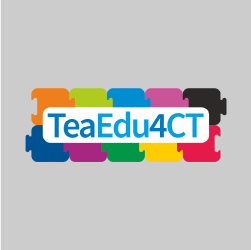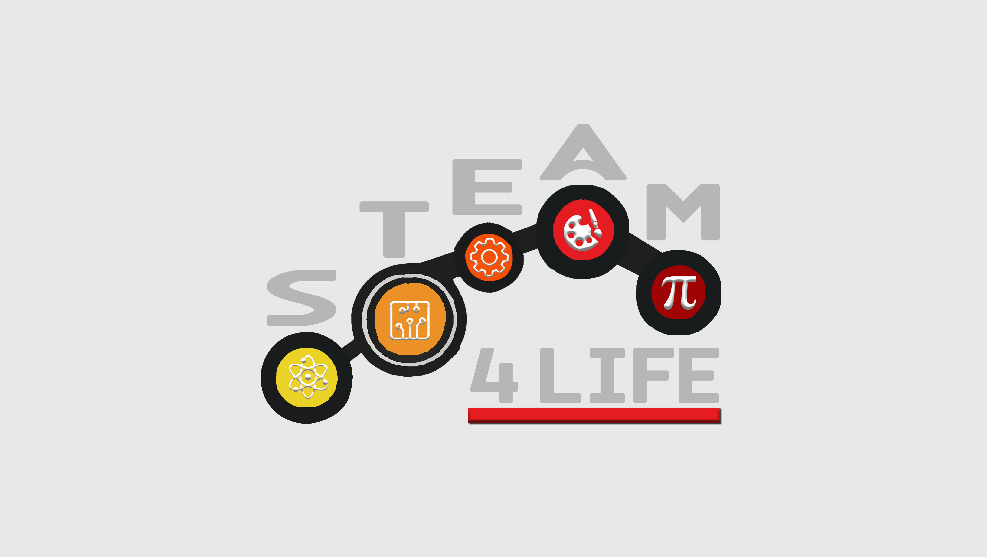Future Teachers Education: Computational Thinking and STEAM



The project develops innovative educational approaches of Computational Thinking (CT) and related to transdisciplinary and holistic STEM perspectives for future teacher education. We develop a pragmatic methodology to CT as to asset of tools, techniques and approaches which enable a seamless transition from the young child’s unplugged type of activities to the comprehensive modelling and computer simulation activities of K-12 and early university students.
Objectives of the project:
- to improve pedagogical skills and competencies of future teachers, that are related to the teaching and training of various aspects of CT;
- to develop a deeper understanding of future teachers in CT.
The methodology is based on an approach to develop and test a set of subject/educational environment specific educational modules with a possibility of integration into future teacher curricula. The motivation is based on the ongoing European reform of approaches to STEM education and, therefore, the needs and importance of the educational aspects related to CT.
We consider CT as an integrative skill within the described STEM model. The primary role of computational models in modern scientific research and, therefore, in research-oriented education is emphasized. In order to develop, implement, and study computational models that include both technical and social aspects, students should have skills for solving problems in a highly digitised educational environment, such as decomposing and generalising skills and skills to automate, algorithmize, calculate, and design.
The project focuses on curriculum development activities for the education and training of future teachers. Target group – future teachers involved in STEM education and in particular those who concerned with CT aspects and appropriate curriculum development. Another target group – future teachers of preschool institutions (kindergartens), primary schools, lower and upper secondary schools of various subjects including foreign languages, art and humanities.
The project’s philosophy is based on a post-scientific tendency to merge scientific and technical knowledge with social and humanitarian knowledge including contextual knowledge as well. We support a pragmatist approach to education in terms of sharing community values and solving relevant life problems. The adapted TPACK (Technological, Pedagogical, and Content Knowledge) framework for CT and STEM is promoted to develop modules for future teacher education.
The project results in a set of modules developed for training future teachers on various aspects of CT as related to STEM project-based education. The developed modules are self-sufficient, which allows them to be included in study programs, and form a part of the coherent CT curriculum for STEM and related subjects.
Coordinator:


Partners:


















The project is run by eight universities and two research centres. Vilnius University (Faculty of Philosophy) is a project coordinator.
O1
Framework for the development of the modules: CT&STEM for future teacher education
O2
General Introduction of CT: a basic module for all teachers
O4
CT for primary education future teachers: specific features, approaches and practical solutions
O5
CT for STEM future teachers: specific features, approaches and practical solutions
O6
CT for informatics (computing) future teachers: specific features, approaches and practical solutions
O8
Educational environments for CT: design and aspects of integration
O9
Using constructivism, and project and challenge driven pedagogy for learning CT
O10
Technological, pedagogical and instructional design aspects of teaching CT for STEM teachers/trainers/researchers
Coming soon. .
Coming soon. .


Target Groups
Education Level


